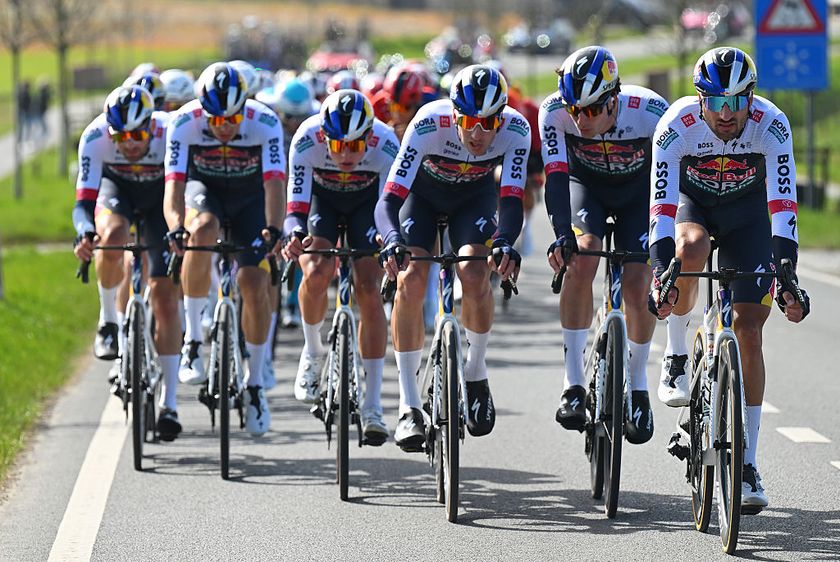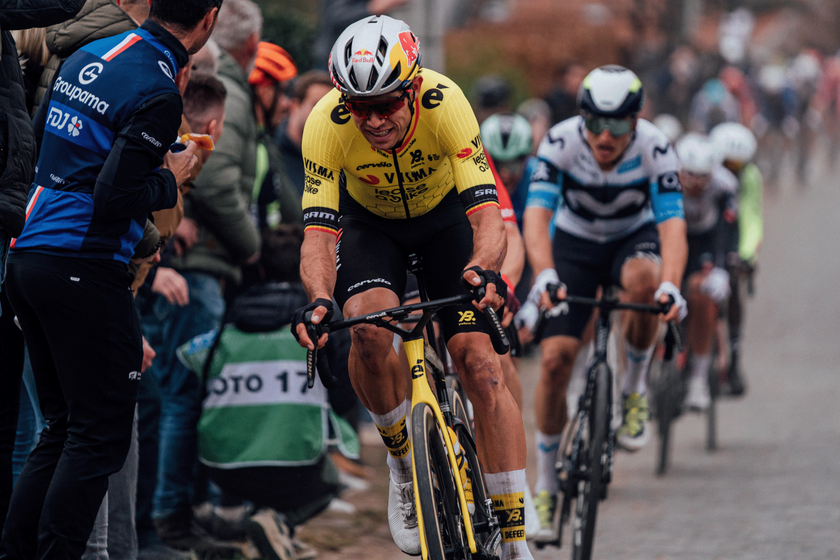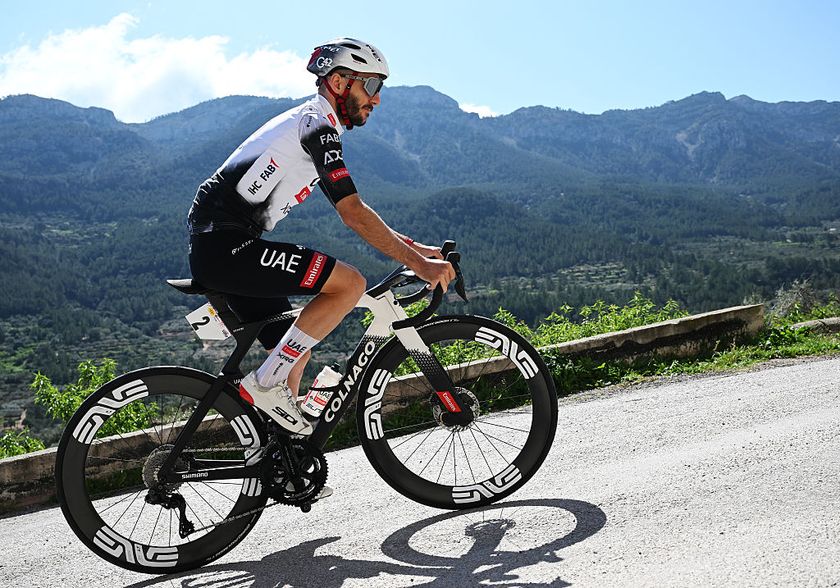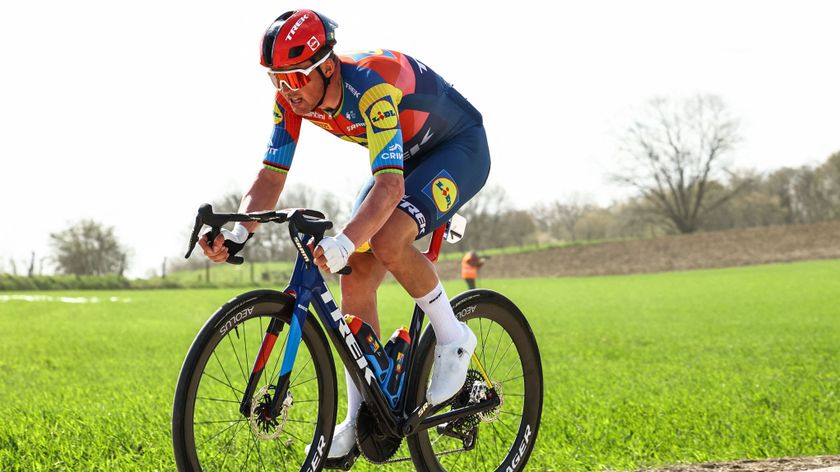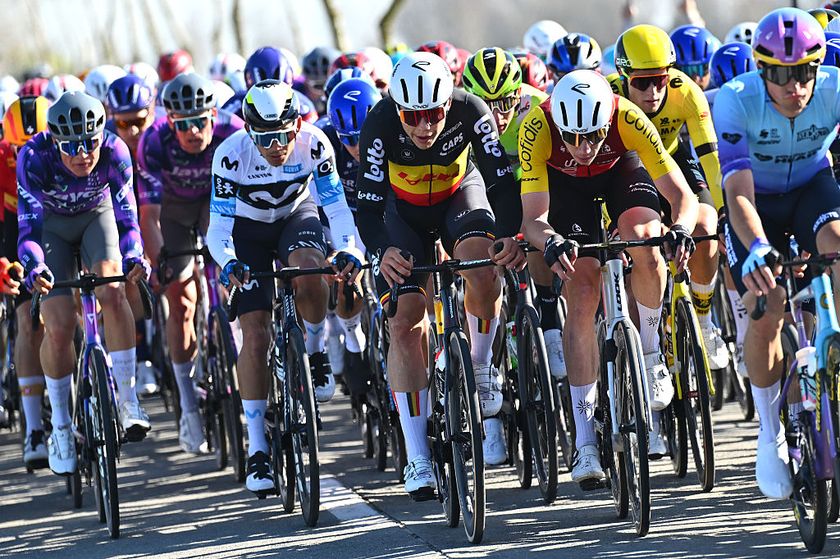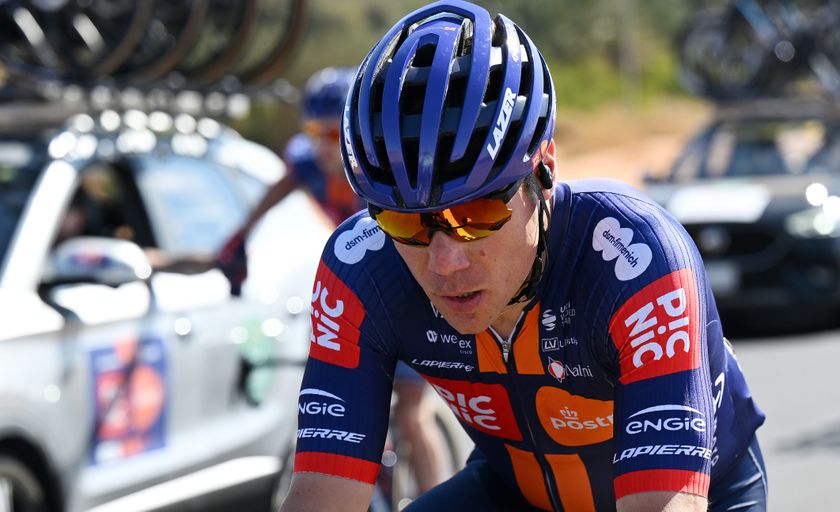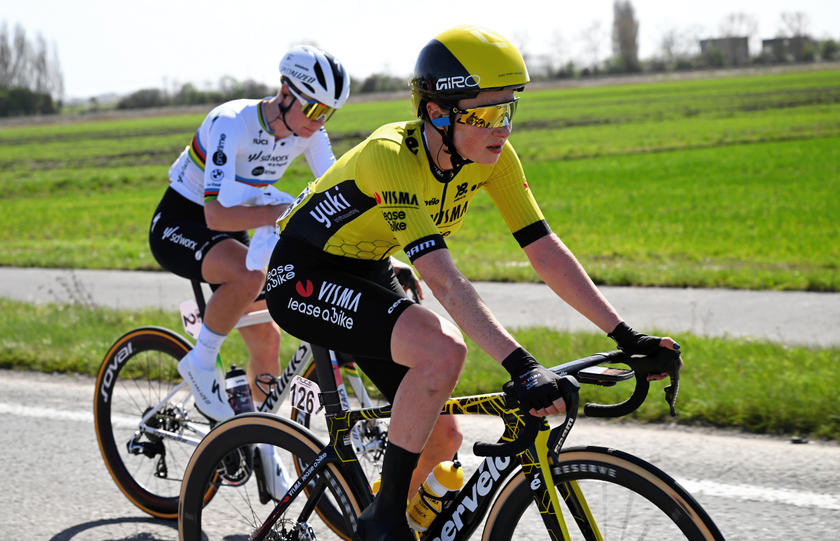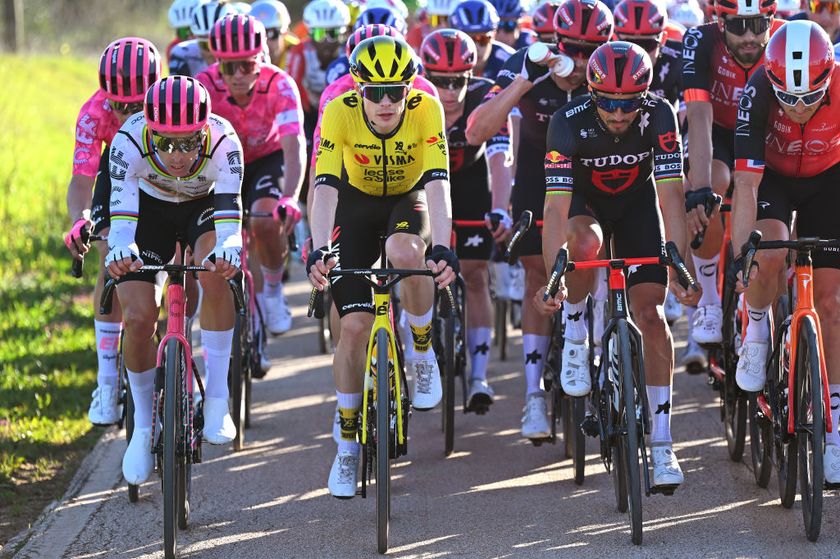Anti-mafia police begin investigating Pantani’s 1999 Giro d’Italia haematocrit case
Gazzetta dello Sport reports that the Naples Camorra could be involved






The Italian anti-mafia police have reportedly begun to investigate if Marco Pantani’s exclusion from the 1999 Giro d’Italia was sparked by illegal betting controlled by the Naples Camorra mafia.
According to Gazzetta dello Sport, anti-mafia based in Bologna has requested to study the investigation based in Forli, near Pantani’s home town of Cesenatico, which was supposed to understand if the blood sample taken at Madonna di Campiglio in 1999, sparking Pantani’s exclusion from the race due to a high haematocrit blood value, had some how been tampered with.
In September Gazzetta dello Sport reported that police in Naples had secretly recorded a member of the Naples Camorra mafia confirming the claims of infamous violent criminal Renato Vallanzasca that the mafia had some how sparked Pantani's exclusion to avoid paying huge sums in illegal bets that il Pirata would win the Giro. The Italian newspaper suggests that the police could have discovered other evidence and so the anti-mafia police has become involved.
Vallanzasca first made the wild claims about the Camorra being behind Pantani's exclusion from the Giro d'Italia in a book in 2004 and repeated them on Italian television in 2014. He was questioned by police and gave three names of possible camorra criminals who could have told him to "bet on Pantani's rivals because he would not make it to Milan." Police apparently question the three suspects, but all denied the claims. However, Gazzetta dello Sport report claims one of the three criminals was later recorded saying "Of course Vallanzasca's story is true. I thought he was a man of honour but instead he's a piece of sh*t by speaking to the carabinieri (police)."
Police in Forli have questioned riders, team staff and the doctors who took Pantani's blood sample that morning in Madonna di Campiglio as they try to find out if there is any truth to the accusations. There have been suggestions that Pantani’s blood could have been tampered with, perhaps with a deplasmation technique. However, the possibility of altering the concentration of Pantani's blood, to make him fail the test on the fateful morning in Madonna di Campiglio, have been widely dismissed. Previous investigations by police in Trento and other parts of the Italian media have dismissed any kind of plot against Pantani but his tragic story continues to inspire conspiracy theories and questions in Italy and so spark major headlines.
Pantani always claimed he was innocent, with the 1999 Giro d'Italia sparking his cocaine use and eventual, tragic, demise. However, other historic evidence indicates that his blood values recorded that day were impossible to achieve without the use of significant doses of EPO.
Gazzetta dello Sport reports that the investigation in Rimini into Pantani’s tragic death in a hotel room on St Valentine’s Day 2004 is also close to finally reaching a conclusion. The public prosecutor and an autopsy investigation has ruled that Pantani died of a cocaine and anti-depressant overdose after several days of isolation and substance abuse. A judge is expected to formally rule on the case in the coming weeks even though Pantani’s family and personal lawyer want to continue with the investigation to clear Pantani’s name.
Get The Leadout Newsletter
The latest race content, interviews, features, reviews and expert buying guides, direct to your inbox!

